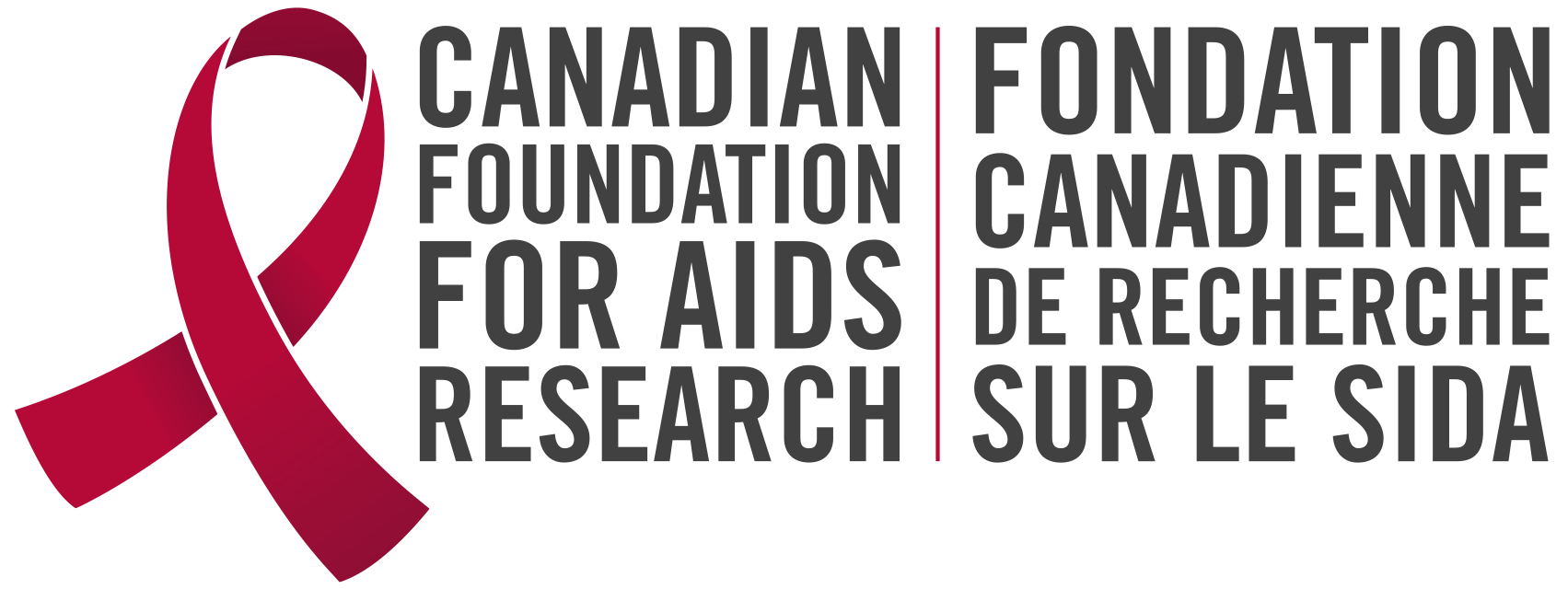Stigma
Stigma remains a significant challenge for people living with HIV in Canada.
HIV stigma arises from fear, lack of knowledge, and existing prejudices against groups of people most affected by the virus. These include gay and bisexual men, people of colour, immigrants, Indigenous people, and injecting drug users.
Many people living with HIV still experience unfair treatment due to their actual, or suspected HIV status. However, HIV does not discriminate. It affects people of all genders, races, sexualities, backgrounds, and lifestyles.
Because of stigma, people living with HIV may have a hard time finding housing, accessing healthcare, or securing employment. They may also face emotional and mental health challenges associated with isolation and/or discrimination they experience due to stigma.
Stigma affects HIV prevention. Fear can stop people from getting tested regularly and knowing their status. It can also cause people living with HIV to feel uncomfortable disclosing their status to their partners. People who experience stigma are also more likely to miss check-ups with doctors or access medications due to fears of being ‘outed’ or discomfort speaking with others about their status. That can lead to an increase in their viral load and subsequently increase the risk of onward transmission.
Learn about how far we’ve come with HIV treatment, and tell others that U=U.
Thanks to decades of research supported by organizations like CANFAR, we have come a long way in our ability to treat HIV. While there is no cure for HIV, medication is available that allows HIV-positive people to live long and healthy lives.
Nowadays, people living with HIV can take medication that suppresses the virus so effectively that they have an undetectable viral load, which means that they cannot pass HIV on to others.
Undetectable=untransmittable. For more information on U=U check out this website.
Be mindful of how you use your language. Don’t say things that might make people living with HIV feel blamed, shamed, or unwanted. For example, referring to yourself as “clean” because you don’t have HIV implies that people who are positive are dirty, which is untrue and stigmatizing. To learn more about destigmatizing language, check out this guide.
If you know someone living with HIV, show them that you care. Lend a listening ear, have a warm conversation, and do all you can to make your positive friend or family member feel loved and supported.
HIV Myths and Facts
Myth
Fact
Myth
Fact
Myth
Fact
Myth
Fact
Myth
Fact
Myth
Fact
Myth
Fact
Learn About the Stories of People Living with HIV
The People Living with HIV Stigma Index
The People Living with HIV Stigma Index is a community-based research and action project that is conducted for HIV-positive people by HIV-positive people.
It aims to understand the experiences of people living with HIV who have been affected by stigma and discrimination in 50 countries around the world. It also analyzes the trends around HIV stigma, while addressing the key barriers that perpetuate stigma.
To read about Canada’s contributions to the People Living with HIV Stigma Index, check out The Positive Effect by CANFAR’s national partner, REACH Nexus.
Stigma can be changed one person at a time through awareness, acceptance, understanding, challenging discrimination everywhere it exists, and ultimately through compassion.
